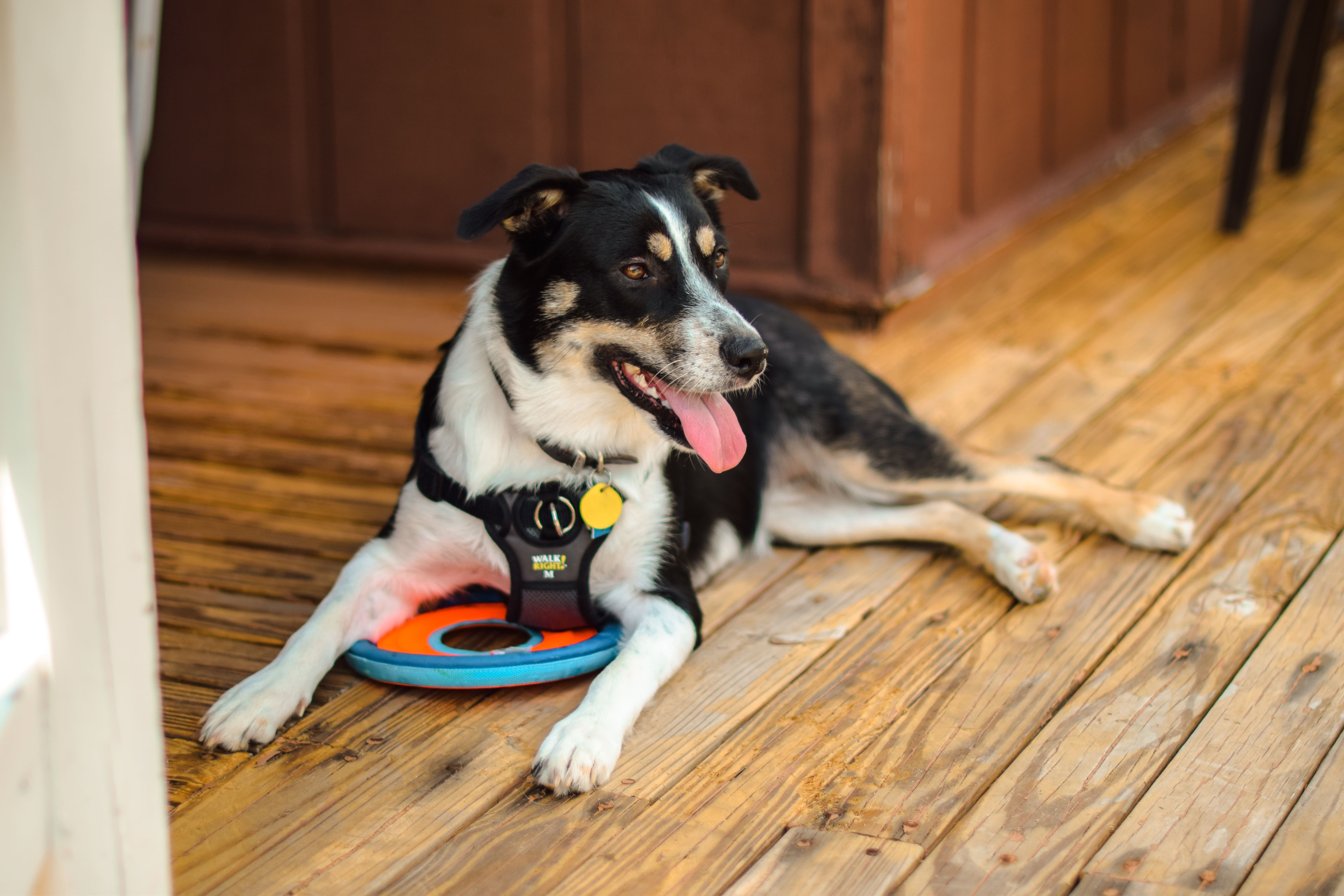
For many people, pets are a part of the family. If you’re not going to let a highly qualified tenant move in with his prize Pomeranian or her twin Siamese cats, you’re going to lose a potentially great tenant.
We recommend that you allow pets in your rental property. A large majority of prospective tenants own at least one pet, so by refusing pets, you’re discounting a large part of the tenant pool. That’s going to increase your vacancy times and ultimately cost you money.
However, we also understand that landlords have concerns about liability and the potential damage that animals can do to their property. As long as you have a great pet policy in place, you should be able to safely welcome pets into your property with their responsible humans.
Screen Pets Like you Screen Tenants
There’s no reason that you shouldn’t screen the pets of potential tenants. First, make sure you’re not considering a vicious dog breed. Many insurance companies won’t cover your property if you allow dogs like German Shepherds and Pit Bulls. Gather breed information, ask for vet records, and conduct reference checks. When you’re talking to a tenant’s former landlord, ask if the pets were well behaved.
Put Pet Restrictions in Place
In addition to restricting the dog breeds that you’ll allow, you can also put other restrictions into place when you’re crafting a pet policy. For example, you can limit the number of pets you’ll allow. Perhaps you’re comfortable with one cat or two dogs. Maybe you only want adult animals or you’ll consider pets that stay outdoors. Instead of saying yes, you accept all pets or no, you accept no pets, leave it negotiable. You can say that pets are accepted on a case-by-case basis, and you will be able to judge for yourself whether you want a particular pet or family of pets moving in.
Collect Pet Rent, Deposits, or Fees
You can earn a little extra money if you charge a pet fee or a pet rent. The pet fee should be paid in advance and you can have a separate fee for each pet. Pet rent can be an extra $25 or $30 per month in addition to what the tenant’s paying. A pet deposit is also sometimes used by landlords. You’ll have to return the full deposit if there’s no pet damage at the end of a lease, but many property owners believe this gives tenants incentive to keep their pets from misbehaving or damaging property.
It’s important to remember that service animals are not pets. You cannot say no to a tenant who needs an animal for physical or emotional services and support. You also cannot charge pet fees or deposits for service animals, and you cannot restrict breeds.
 We think you should say yes to pets. If you’re still nervous about allowing tenants with pets to move into your property, contact us at Assured Management. We can help you protect your investment without turning away potentially great tenants.
We think you should say yes to pets. If you’re still nervous about allowing tenants with pets to move into your property, contact us at Assured Management. We can help you protect your investment without turning away potentially great tenants.


